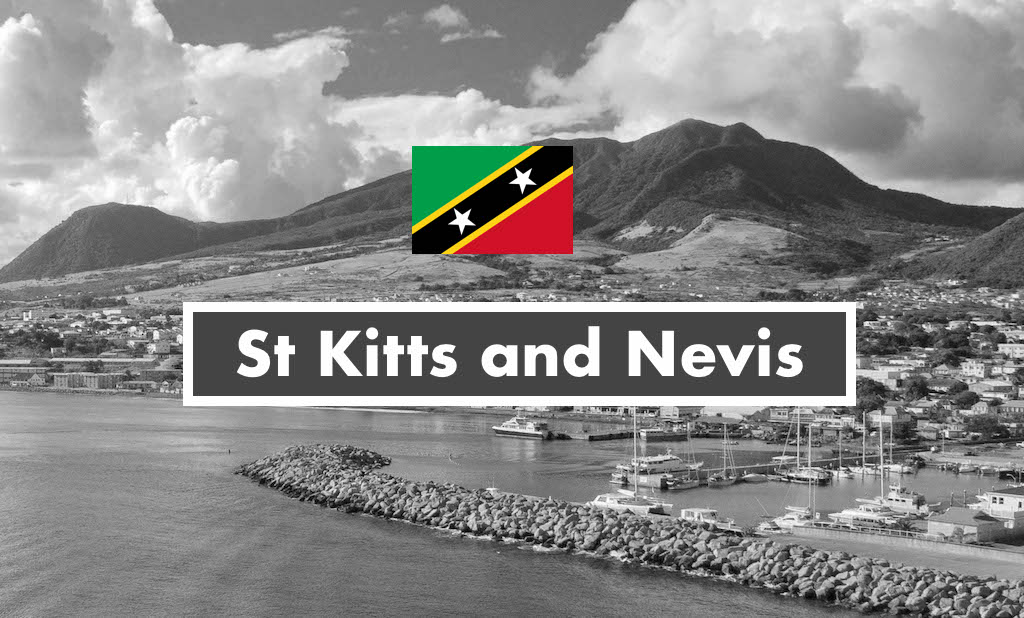St Kitts and Nevis is the birthplace of citizenship by investment industry in 1984. The citizenship Act of 1984 was established after gaining independence from United Kingdom in 1983.
This 2019 marks thirty five years of St Kitts citizenship by investment program (CIP), making it the longest running and oldest CIPs in the world. St Kitts CIP is the most popular citizenship scheme and still has a profound impact on the CBI industry. St Kitts and Nevis leads the citizenship by investment industry from the front.
SKN passport has been ranked by Henley of the best caribbean passports in the world with visa free access over 150 countries.
In 2019, the Government has introduced several amendments to tighten the CIP
- Capturing Biometric features of applicants (fingerprints)
- Escrow regulation for real estate applicants
- Introduction of a 24/7 case management system that allows for round-the-clock
- Real-time monitoring of the status of CBI applications,
- The employment of additional due diligence providers with specialist knowledge of particular countries and regions, and
- Increased partnerships with friendly government
History
Saint Kitts and Nevis were among the first islands in the Caribbean to be settled by Europeans. Saint Kitts was home to the first British and French colonies in the Caribbean, and thus has also been titled “The Mother Colony of the West Indies”. Christopher Columbus spotted what is now Nevis in 1493 gave that island the name San Martín. Today the Constitution refers to the state as both “Saint Kitts and Nevis” and “Saint Christopher and Nevis”, but the former is the one most commonly used.
The agricultural, tourism, export-oriented manufacturing, and offshore-banking sectors are being developed and are now taking larger roles in the country’s economy. The growth of the tourism sector has become the main foreign exchange earner for Saint Kitts and Nevis. The country has also developed a successful apparel assembly industry and one of the largest electronics assembly industries in the Caribbean.
Sugar was the primary export of the twin island federation since 1940s, but in 2005 the sugar industry collapsed and closed down with the government desperate for alternate sources of funding.
Citizenship Act of 1984
St. Kitts has the oldest economic citizenship program in the eastern Caribbean under the Citizenship Act of 1984. The Act contains three investment options to be paid in the Eastern Caribbean (EC) dollar-equivalent of U.S. dollars. The options are:
- $200,000 in St. Kitts and Nevis ten year Treasury bonds
- $250,000 in an investment project approved after March 1996, or
- $150,000 in a real estate development approved prior to March 1996.
In addition, registration fees for Kittitian citizenship are the EC dollar-equivalent to $35,000 for the head of household, $15,000 for the spouse, and $15,000 for each dependent under age 18.
2006
Established in 1984, St. Kitts CIP is the oldest prevailing economic citizenship programme of this kind in the world. However, while the programme is the oldest in the world, it only catapulted in 2006 when Henley & Partners, a global citizenship advisory firm, became involved in the restructuring of the programme to incorporate donations to the country’s sugar industry.
2019
As of 2019, CIP has witnessed record growth and surging demand for St Kitts passports. The CIP revenues has exceeded one billion dollars and much of the revenues have been spent on welfare projects.
The CBI program had a profound impact on the luxury hotel industry in SKN. Several five star hotels and luxury resorts like Park Hyatt have been funded by CBI program of St Kitts and Nevis, giving a big boost to tourism sector and cruise passengers.





